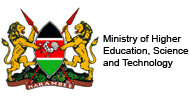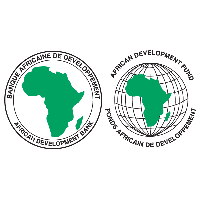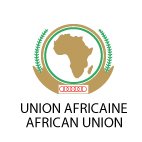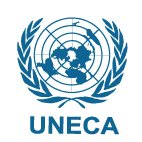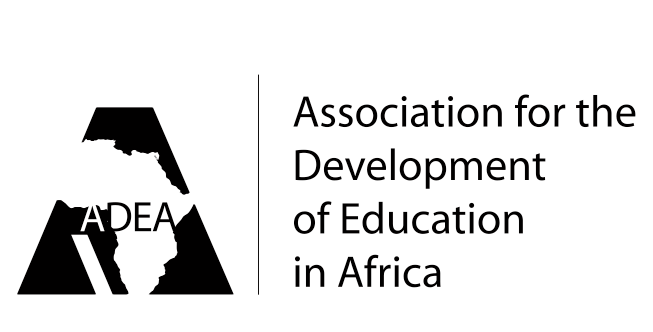Focus on climate change, renewable energy
Countries lacked political commitment to draft national action plans and set up monitoring frameworks dealing with renewable energy and climate change. Increasing the political will was therefore a key challenge that had to be overcome to seize opportunities to create a future in which there was food, water and health security. This came to the fore in a discussion on renewable energy and climate change as part of a session at the first African Forum on Science, Technology and Innovation (STI) in Nairobi, Kenya. Those attending the session also called for capacity building targets and training and support for the provisioning of sustainable energy infrastructure in rural areas.
The group decided there were existing resources that should be harnessed. There were opportunities in the agricultural sector to transform waste into fuel, including biomass. Furthermore indigenous knowledge existed to offer green or climate sensitive solutions that satisfy local market needs. In addition the youth should be empowered with the requisite skills to play an active role in the transformation of STI toward energy renewal and climate change solutions.
The experts also considered how partners and resources could be combined to solve problems related to climate change and move to action.
They came up with the following suggestions: partnerships involving local, national public and private sector players together with academia were necessary to stimulate action; regional networks had to be connected to global problem-solving networks; and training on collaborative innovation and STI key skills had to be supported.
The Chair of the session was Youba Sokona of the Africa Climate Policy Center, the Rapporteur was Felix Toteu of UNESCO, the Facilitator was Sara Farley of the Global Knowledge Initiative and Salah Hannachi, former Ambassador of Tunisa to Japan, acted as Provocateur.

